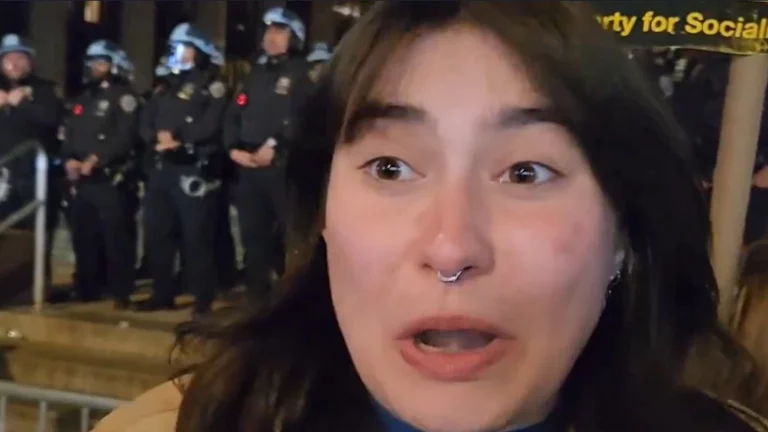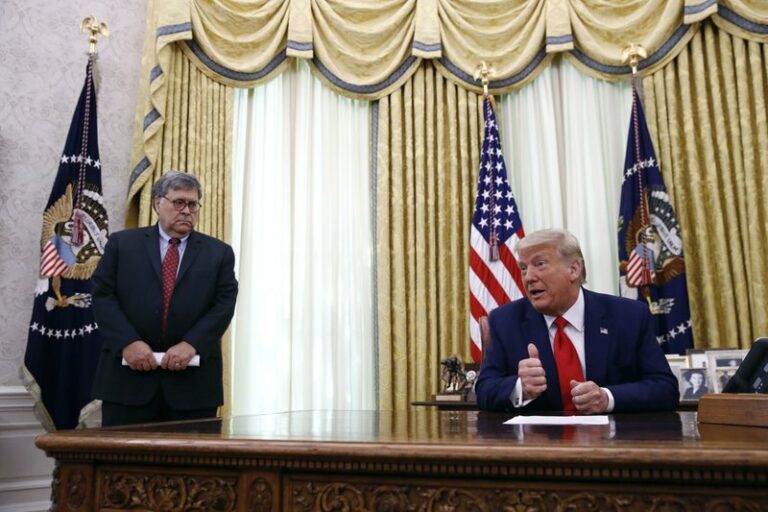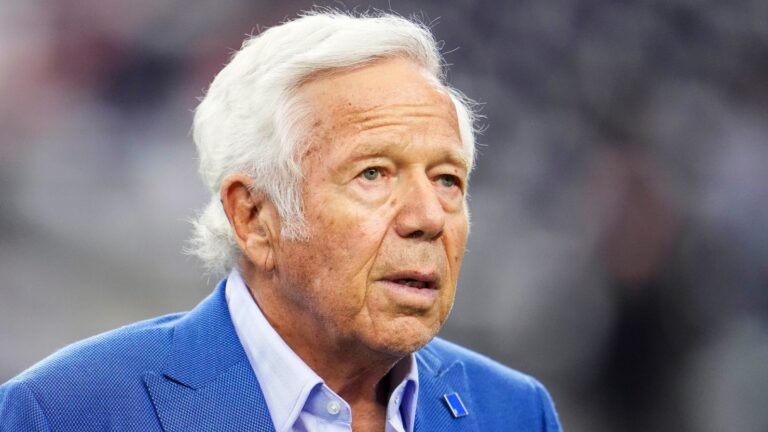 Bernie Sanders’ pitch for changing the way presidential candidates are chosen appears to have broad public support.
Bernie Sanders’ pitch for changing the way presidential candidates are chosen appears to have broad public support.
As the tortured primary season concludes, Americans say in a poll by the Associated Press-NORC Center for Public Affairs Research that they have little faith in the Democratic or Republican system for selecting a presidential candidate. They prefer open primaries to those that are closed to all but party members, like primaries instead of caucuses and oppose the party insiders known as superdelegates, who have a substantial say in the Democratic race.
“It’s kind of like a rigged election,” said Nayef Jaber, a 66-year-old Sanders supporter from San Rafael, California. “It’s supposed to be one man one vote. This is the way it should be.”
According to the poll, 38 percent of Americans say they have hardly any confidence that the Democratic Party’s process for selecting a presidential nominee is fair; 44 percent say the same of the Republican Party’s process. In addition, about 4 in 10 say they have only some confidence in each party’s nomination process.
Just 17 percent of Republicans and 31 percent of Democrats have a great deal of confidence in their own party’s system being fair.
“The common man needs to be included more,” said Gwendolyn Posey, 44, a registered independent from Sparks, Oklahoma, who said she could not cast a ballot for Texas Republican Ted Cruz because she had not changed her registration to Republican in time.
Changing the process has become a rallying cry for the Vermont senator, who won 20 states but has little if any chance of catching up to rival Hillary Clinton in votes or delegates. Still he hopes to influence the party platform, as well as spark debate about the rules. He’s not the only one to bash the system — presumptive Republican nominee Donald Trump has called the Republican process “rigged.”
Both parties have complex mechanisms for choosing presidential nominees, with each state holding caucuses or primaries under different rules. Candidates earn delegates to back them at the summer nominating conventions, with a certain number required to clinch the nomination.
Democrats embraced superdelegates in 1982 to make sure party leaders have a say in who is nominated. By giving key insiders more voice, leaders hoped to avoid what some saw as a mistake in 1972, when George McGovern won the nomination but was a weak general election candidate. About 15 percent of the total delegates this year are superdelegates, and critics say this group has given Clinton an advantage. She holds a commanding lead over Sanders, however, even without counting the superdelegates.
Republicans have no equivalent to superdelegates, but each state has three Republican National Committee members as part of their delegation. In most states those delegates are bound to the primary results.
Supporters of Sanders are especially incensed about the use of superdelegates, who can back any candidate at the convention regardless of how people voted in primaries and caucuses
Fifty-three percent of Americans say the Democrats’ use of superdelegates is a bad idea, according to the polls, while just 17 percent say it’s a good idea. Among Democrats, 46 percent say it’s a bad idea and only 25 percent say it’s a good idea.
Sanders has also called for more open primaries, slamming states that won’t allow independent voters to participate, as well as ones where people must register with a party in advance. Americans generally also say that open primaries are more fair than closed primaries, 69 percent to 29 percent. Democrats are more likely than Republicans to say open primaries are the most fair, 73 percent to 62 percent.
Caucuses, too, are on the outs with many people. They are often lengthy meetings held at a fixed time, unlike primary elections, which just require a stop at a polling place, if not a vote in advance. Poll respondents preferred primaries 81 percent to 17 percent, with overwhelming majorities of Democrats and Republicans saying so. Sanders has performed well in caucuses, however, in part because his supporters are willing to invest the time in them.
Looking ahead, both sides are talking about potential changes. Sanders supporters in a number of states have sought to change the rules governing superdelegates at state conventions, though a true overhaul would have to come at the national level. That process could not start until next year, said Raymond Buckley, chairman of the New Hampshire Democratic Party, who serves on the Democratic National Convention rules committee.
On the GOP side, changes could be debated at the Republican National Convention in Cleveland in July, though RNC member Randy Evans, who serves on the rules committee, said it was more likely that Republicans would take a longer look at possible changes after the convention. He said a key criticism has been that the current process does not ensure that delegates won in a primary remain loyal at the convention.
(AP)






3 Responses
The supporters of Trump and Clinton are quite pleased with how the system work. Losers usually do complain about losing. The socialists lost fair and square, since it turns out their are a lot more working class Blacks and limosine liberals. The only ones who are really right to be annoyed are the conservatives who clearly got a majority of the Republican primary but ended up with a Republican nominee who is anything but a conservative (though those conservatives might be happy with the Libertarians who might have a chance at winning – to be the first third party to win in over 150 years).
The malcontents complaining about the process have no idea what they are talking about. One man, one vote applies to governmental elections. The political parties are ‘private’ membership organizations. As such, their members get to set the rules. If you don’t like the rules, join the party, get involved and work to change them.
This just goes to show how easily people are influenced by the press.
A nomination for republican candidate should only be made by Republicans. A primary is not part of the general election, where everyone has a say. The same way i can’t vote for how to run a company that i don’t own, why should i have an influence on a party I’m not part of. It makes no sense, yet Sanders who had lost is trying to sell you that is unfair. The American people are so vulnerable.